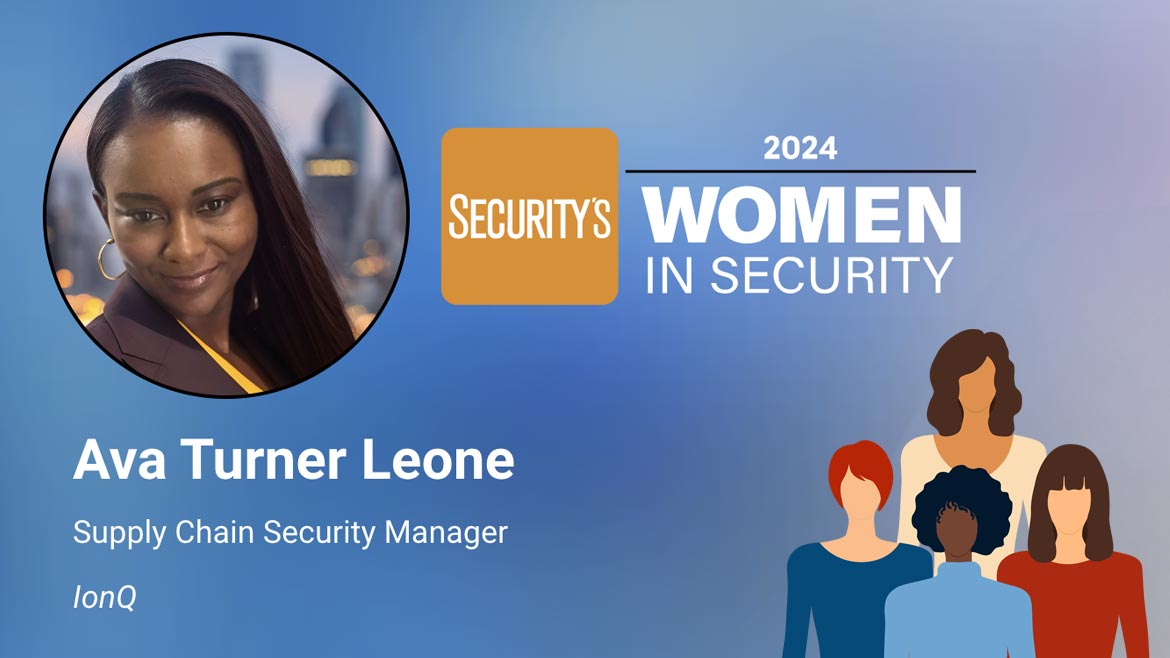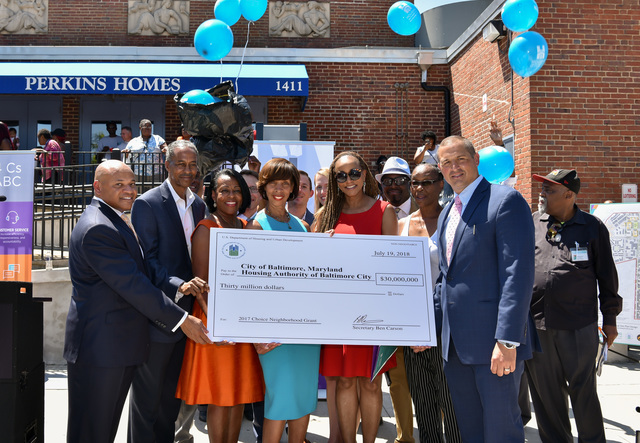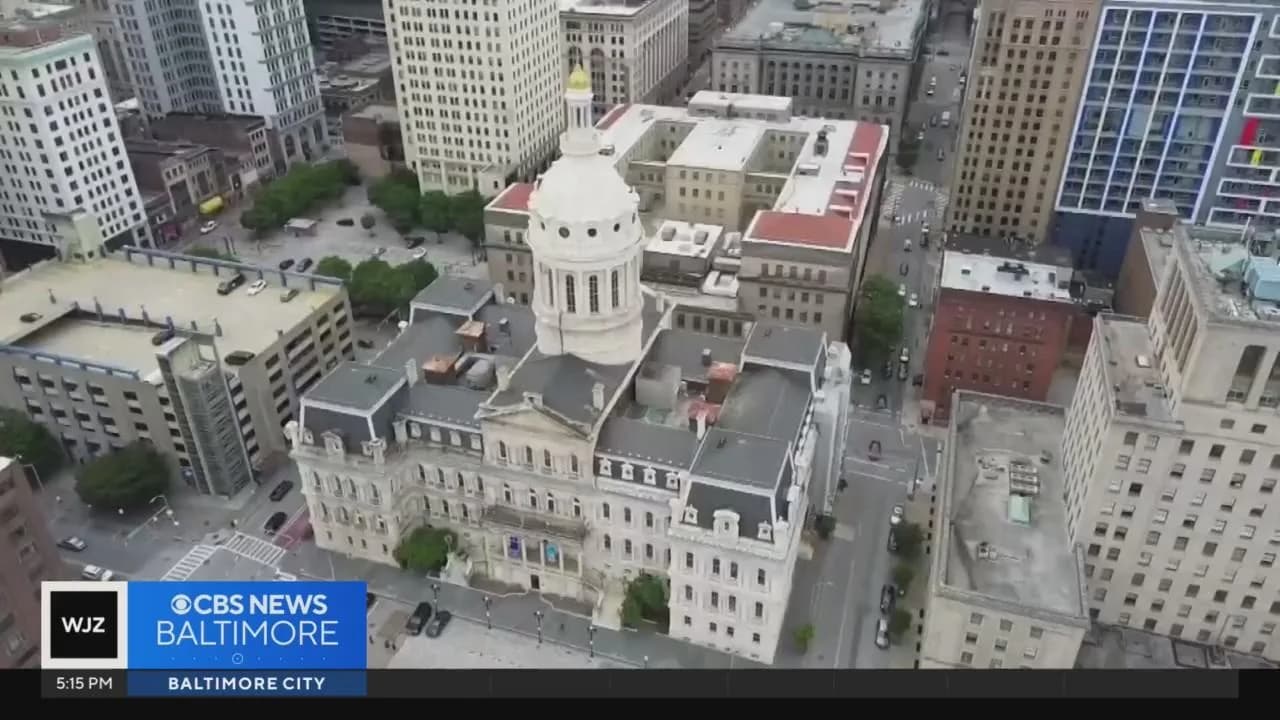Ava Turner wanted to move to Baltimore. As a mother of four, living in a cramped 700-square-foot rental 40 miles away, she dreamed of owning a home. Her story is a testament to the stark reality facing many families in Baltimore"s historically Black neighborhoods.
Ms. Turner, juggling two jobs as a notary public and nursing assistant, faced significant hurdles. With minimal savings, she approached a bank officer last fall, hoping for a chance at homeownership. A few months later, she received the keys to a three-bedroom rowhouse in the Park Heights neighborhood, purchased for $230,000 with just a $5,000 down payment. “I fell in love with it,” she said. Her story is not just one of personal triumph; it reflects a larger narrative of systemic inequities that continue to plague Baltimore.
Systemic Racism and Redlining Impact Homeownership
Baltimore is often referred to as the birthplace of redlining, a practice that systematically denied Black residents access to mortgages and homeownership. The implications of this historical discrimination are stark, with 30 percent of properties in Park Heights and other historically Black neighborhoods lying vacant. Despite Black residents comprising 60 percent of Baltimore"s population, only 23 percent of homeowners are Black.
This disparity is not a relic of the past; it continues to shape economic opportunities and wealth accumulation for Black families. The lack of ownership leads to a cycle of disinvestment, decay, and further marginalization. As reported by City officials, the city’s initiatives aim to combat blight and promote homeownership, but the effectiveness remains to be seen.
Baltimore"s Initiative to Restore Blighted Neighborhoods
The city has launched a 15-year initiative that claims to restore blighted neighborhoods and promote homeownership, but the question remains: will this initiative genuinely address systemic inequities? The program aims to streamline permitting processes and encourage investment in neglected areas, as detailed in the Comprehensive Master Plan.
However, skepticism abounds. Local activists and community members report that previous initiatives have failed to deliver tangible results. The pressing need for affordable housing not only requires financial support but also a commitment to dismantling the structural barriers that have long kept marginalized communities from accessing economic opportunities.

Ava Turner Leone | Women in Security 2024 | Security Magazine
The Struggle for Affordable Housing Solutions
As reported by housing experts, the challenge of affordable housing is multi-faceted, involving not just availability but also the socio-economic conditions that dictate residents" ability to secure homes. The current median home price in Baltimore is daunting for many, particularly for families like Ms. Turner’s who, despite her hard work, struggle to save for traditional down payments.
The city’s new initiatives, which include financial assistance programs, must ensure they are accessible to families who have historically been shut out from homeownership. Without this access, the cycle of poverty and displacement will continue unabated, perpetuating racial and economic injustices.
Voices of the Community Demand Action
Community organizations are rallying to amplify the voices of those most affected by housing policies. The urgency is palpable as residents demand comprehensive solutions to the housing crisis. The $50 million Baltimore Vacants Reinvestment Initiative, aimed at revitalizing vacant properties, must be scrutinized to ensure it serves the community’s needs rather than paving the way for gentrification.
Local voices, like Ms. Turner’s, illustrate the stakes involved. Her newfound ownership offers hope, but it also highlights the broader issues at play. If Baltimore’s initiatives fail to address the root causes of wealth inequality and housing disparities, they risk perpetuating a cycle of displacement rather than fostering genuine community growth.
It is imperative that policymakers listen to the lived experiences of residents. Only through a lens of equity and justice can Baltimore hope to heal the wounds of its past and build a future where homeownership is a reality for all its residents.

Mayor Pugh"s News RoundUP

![[Video] Anti-ICE Protester Pepper Sprayed as CBP Agents Disperse Crowd in Minneapolis](/_next/image?url=%2Fapi%2Fimage%2Fthumbnails%2Fthumbnail-1768260677127-y71sb7-thumbnail.jpg&w=3840&q=75)

![[Video] Several injured as U-Haul truck drives through Iranian protestors in Los Angeles](/_next/image?url=%2Fapi%2Fimage%2Fthumbnails%2Fthumbnail-1768176682028-q95y6j-thumbnail.jpg&w=3840&q=75)
![[Video] Scuffle breaks out between Trump supporters and Anti-ICE protesters in Times Square](/_next/image?url=%2Fapi%2Fimage%2Fthumbnails%2Fthumbnail-1768165958203-hgcgb-thumbnail.jpg&w=3840&q=75)


![[Video] Gunfire between Iraqi security forces and Sadr militias in Baghdad](/_next/image?url=%2Fapi%2Fimage%2Fthumbnails%2Fthumbnail-1768343508874-4redb-thumbnail.jpg&w=3840&q=75)
